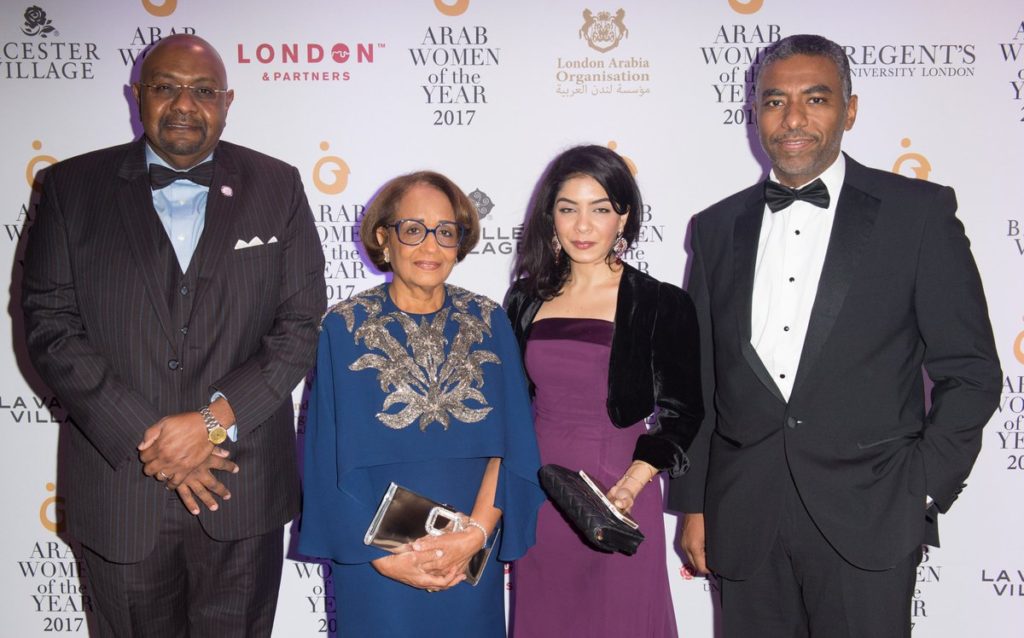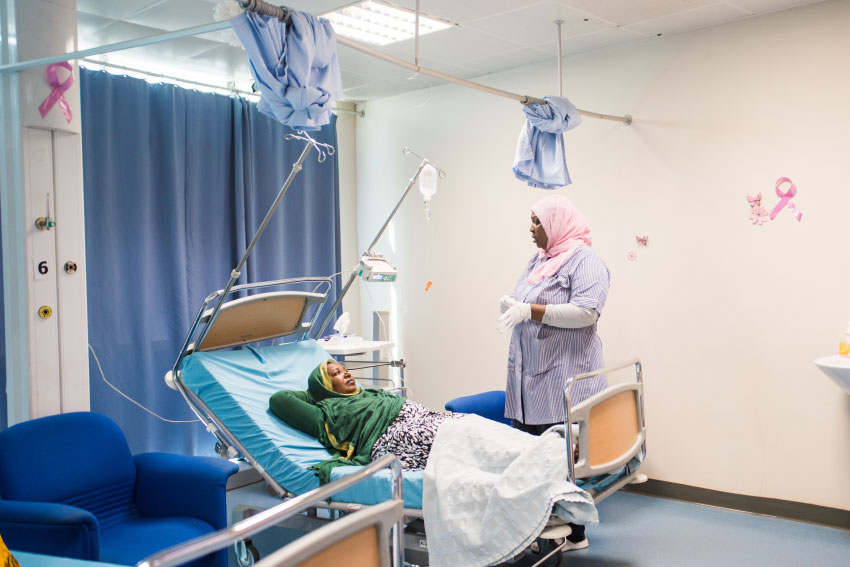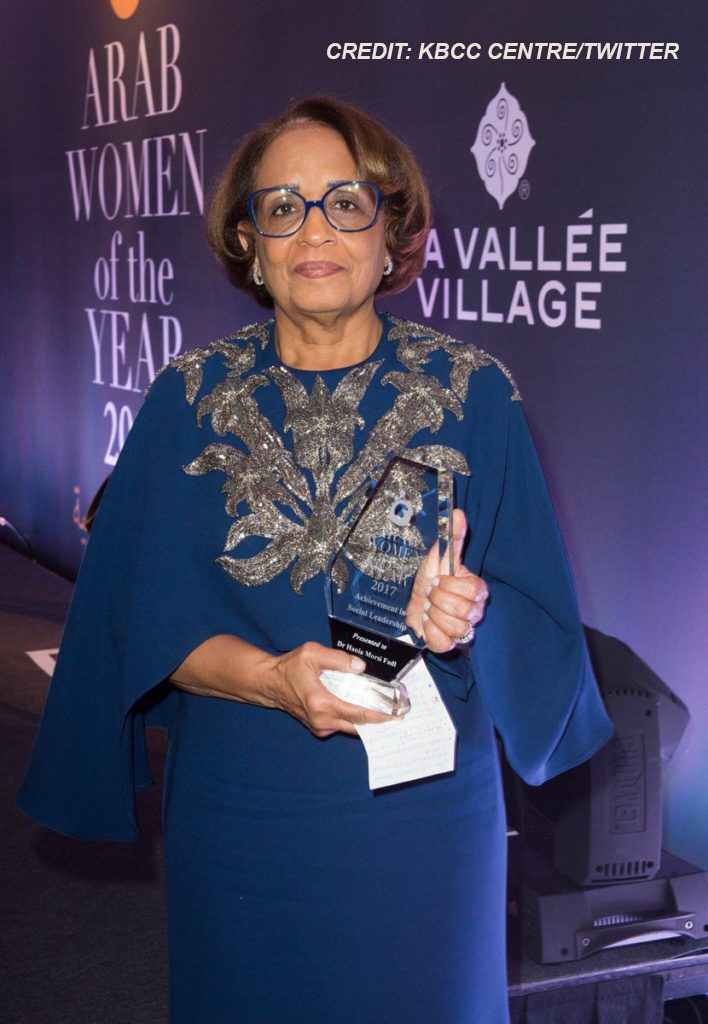Sudan’s First Breast Cancer Clinic
Dr Hania Morsi Fadal Pioneering Breast Cancer Diagnosis

In 2010, The Khartoum Breast Care Centre, the first and only breast cancer clinic in Sudan and the Horn of Africa was established. Since its opening, the non-profit centre has attend to over 26,000 patients providing them with subsidised and affordable treatments and enabling the patients to get expensive services such as digital mammography services inexpensively. Dr Hania Morsi Fadal’s story starts many years back when she left her home country of Sudan in 1974 to study as a radiologist in the UK on a scholarship. Prior to leaving for the UK, she had practised medicine for four years following her graduation from the Alexandria University where she had under taken her undergraduate studies. While in the UK she specialised in diagnostic radiology eventually working as a consultant at Charing Cross Hospital in 1990 before she left to establish the Khartoum Breast Care Center. While working in the UK she noted how advances in technology were making early detection of cancer. This was in stark contrast to Sudan where cases of breast cancer were diagnosed in the late stages.

The Khartoum Breast Care centre, which was supported by the Mo Ibrahim Foundation is the first breast cancer diagnostic centre in the Horn of Africa. The opening of the clinic was not easy as Dr Fadl had to endure many bureaucratic battles to set it up. Neither was there widespread support at the inception of the clinic as certain influential figures in Sudan did not think that a hospital dedicated to women was a priority. In contrast, when the centre opened for business demand for its services was so high that it began to screen close to about 10,000 patients per year. Still the battles on the road were many.

For instance, Dr Fadl found herself having to lobby the US government to allow GE, the American company that supplied the clinic with the equipment, to get permission to fix a digital mammography machine had broken down. At the time GE was constrained to provide the requested services because of the sanctions which were in force at the time. Fighting bureaucratic battles was one thing. Navigating cultural issues was another. The discussion of women’s health issues and breast cancer came loaded with cultural taboos in Sudan.

Dr Fadl’s work has received increased global attention and recognitions. In 2015, the Queen of England awarded Dr Fadl with the Order of the British Empire. This was later followed by a gold medal by the Sudanese government

